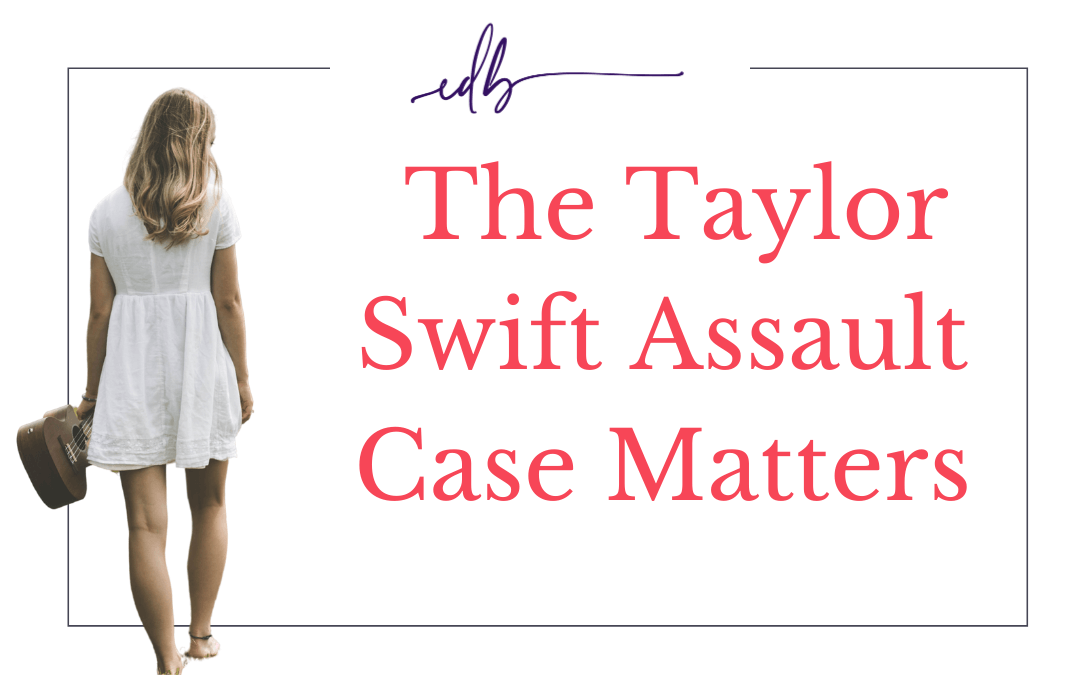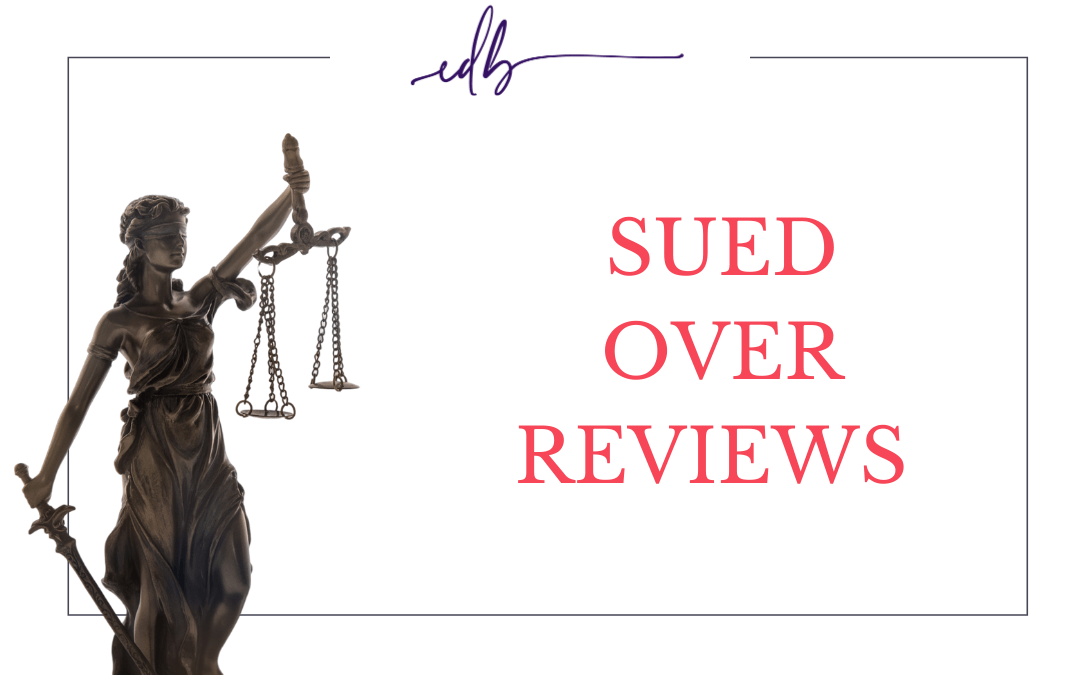Law Nerds Blog - Trending Topics 
The Sunday Riley FTC Settlement

Written By:
Emily D. Baker

What is the Sunday Riley FTC settlement?
The Sunday Riley FTC settlement gives us a lot of insight into the direction the FTC is taking their action towards false advertising claims, and some amazing tea. I am not going to lie, I love it when the FTC isn’t afraid to just lay someone out. That said the Sunday Riley FTC settlement doesn’t require Sunday Riley to admit fault, so everything stated is alleged. However, alleged with quite a bit of actual quotes, and evidence, but still, fault has not been admitted by Sunday Riley.
So what is Sunday Riley alleged to have done?
The FTC Alleges that Sunday Riley violated the law by:
- Making false or misleading claims
- Failing to disclose that the reviews were written by her and her employees
It’s further alleged that between 11-2015 & 8-2017 managers including Ms. Riley herself posted reviews of their products on the Sephora website using fake accounts (presumably to hide their identity) and requested other employees to do the same thing. But it doesn’t just end there. Because Sephora is a pretty savvy company. Sephora removed the reviews. The Sephora website recognized the reviews had all come from one IP address. When numerous reviews on the same product come from one IP address it’s no wonder it’s flagged in the Sephora system. Fake reviews are a raising concern online and I appreciate that Sephora is attempting to combat that.
Oh, but there is TEA!
The Sephora websites’ fraudulent review system didn’t stop Sunday Riley…. NOPE. In the Sunday Riley FTC Settlement press release the FTC quotes a company manager “They got an Express VPN account to allow us to hide our IP addresses and location when we write reviews”. Seriously…the balls. It seems Sunday Riley as a company got a VPN, or Virtual Private Network service to mask their IP address to game the Sephora system so they could continue leaving bogus reviews.
The press release goes on to quote an email from Ms. Riley to her team where she directed her staff to “create three accounts on sephora.com registered as different identities, and then leave 5-star reviews when reviewing Sunday Riley skincare products and dislike negative reviews “if you see a negative review — DISLIKE IT’ Ms. Riley went on to say “after enough dislikes, it is removed. This directly translates into sales’. But that isn’t all, according to the FTC, that email also included step by step instructions to her team to use the VPN to set up new personas and hide their identities!!
In the Sunday Riley FTC settlement, it was agreed that:
- The company barred from reviewing it’s on products online
- Must instruct employees never to review a product without disclosing their relationship to the company
- The settlement is intended to ‘ensure the respondents do not engage in similar allegedly illegal conduct in the future
Not all of the FTC commissioners agreed with the Sunday Riley Settlement. Commissioner Chopra joined by Commissioner Slaughter (no I didn’t make that up but Slaughter is baller last name.) dissented, with the fact that the settlement was too lenient. The dissent continued arguing that the settlement will not deter other firms from ‘engaging in fake review fraud, which is a growing issue in the online space.’ They took issue with how long this fraud was going on, yea…almost two years of systematic fraud, and fraud clearly for the purpose of financial gain.
The commissioner stated in sum “ [t]his statement sends the wrong message to the marketplace, dishonest firms may come to conclude that posting fake reviews is a viable strategy, given the proposed outcome here. Honest firms, who are the biggest victims of this fraud, may be wondering if they are losing out by following the law.” Honestly, I agree with them.
You may be wondering how the FTC even finds out that a Company like Sunday Riley is perpetrating this type of scheme….well the way a lot of government agencies find out about things. An ex-employee made a comment about it. According to a Buzzfeed article a former employee of Sunday Riley posted on Reddit stating that the company was using fake reviews and that the company encouraged people to make positive reviews. The thing is that in making reviews you have to disclose if you have a relationship with the company financial or otherwise.
Companies have to understand the rules in the online space and must advise their employees of those rules. False Advertising is a crime, failing to disclose a relationship is a crime. Companies cannot ignore how the growth of social media can affect them, and companies will do well to remember that there is a fine line between ethical advertising and ending up like Sunday Riley.
I would love to hear your thoughts on this settlement and the actions of Sunday Riley…let me know your thoughts on Instagram @TheEmilyDBaker.
If you want to hear more of my thoughts on the Sunday Riley FTC settlement and similar cases Episode 15 of The Emily Show covers it! Don’t forget to drop a review if you love it.
LAST UPDATED: January 22, 2020
Keep Reading

Taylor Swift, Sexual Assault & Miss Americana
I wouldn’t consider myself a Taylor Swift fan, however, Miss Americana is a must-watch in my book. In Miss Americana Taylor Swift goes from candidly talking about body image and seeking external validation to her sexual assault case. Taylor shares an unrestricted look into her experiences without veiling her emotions behind lyrics, and I am here for all of it.

UBER Strikes Back
Well…the so-called ‘UBER’ law has resulted in UBER responding in a multitude of ways. So if you are wondering how AB5 affects UBER, if UBER is complying with AB5 or even if UBER prices will go up because of AB5 you are in the right place. Because this is the one where UBER strikes back.

Sued Over Yelp Reviews
Wait, you can get sued over negative Yelp reviews? Yea…it’s a thing and it can cost you quite a lot of money in legal fees if you aren’t careful. There is a rising trend of companies trying to shut down damaging reviews on Yelp and other review platforms.
Law Nerds Unite
Craving more stories just like this one? Join the Law Nerds community on Patreon.

Law Nerd Shop
Check out the shop and rock your Law Nerd pride with mugs, shirts, hoodies, stickers, and more.

